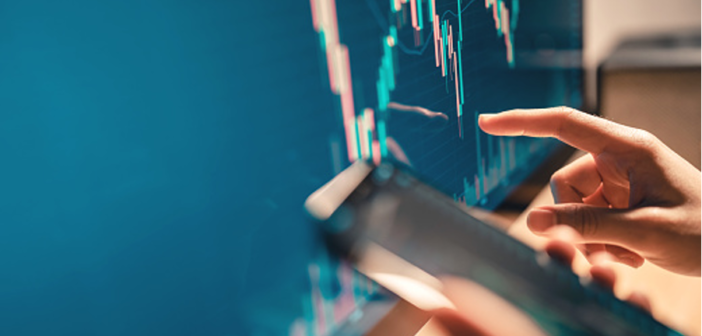Trading currencies is a common practice since antiquity, with merchants trying to gain additional profits on their trades by paying in a lower-valued currency, and receiving payments in one that’s valued higher.
Now, thousands of years later, the Internet made exchanging currency easily accessible to everyone, all-day-long, five days a week.
Out of all the capital markets in the world, forex is the largest one – larger even than the stock market. As of 2022, the forex market is valued at almost £2 quadrillion, with a daily volume of almost £6 trillion in forex transactions.
Introduction to the Forex Market
In total, there are over 180 currencies all around the world. The currencies can be paired against each other to establish an exchange ratio based on a massive range of geopolitical factors and events which dictate supply and demand. Forex trading is based on these currency pairs, with the most popular currencies being the United States Dollar, British Pound, Euro, and Yen.
All kinds of entities try to make profits on the Forex market – from central banks, to hedge funds and multinational corporations, to individual traders. Virtually anyone can trade forex with very little effort, requiring only a trading platform like MetaTrader 4. Many traders, especially those with less experience, consider trading a hobby.
Everyone can profit from currency fluctuations – but they can also experience losses. The forex market is the largest and most volatile of all the financial markets, and while it presents great opportunities for making a profit, the risk factor is something that must always be taken into consideration.
4 Key Forex Pairs to follow
The most commonly traded forex pairs are EUR/USD, GBP/USD, USD/JPY, and USD/CHF. These pairs drive the global foreign currency market, with the EUR/USD pair seeing the most daily volume and making up over 20% of all forex trades. Trading the major currency pairs allows big and small traders to make the most of their high volume, making it much easier to buy and sell than some more exotic pairs and limiting the possibility of slippage.
How to prepare for trading Forex?
Half the success in trading forex is good planning and preparation. First, choose a trading tool you will use and get familiar with it. Most individual traders use MetaTrader 4, as it’s easy to start with, but also provides extensive features for advanced traders. The platform is free to use, offers outstanding performance, as well as access to analytic tools and a large community of helpful traders.
Research is your best friend when trading forex – stay on top of recent events to speculate on currency fluctuations properly. A lot of patience is required for successful forex trading, along with a good dose of self-discipline. Find a system that works for you and stick to it – haphazard moves that don’t follow a proper strategy are not very likely to bring long-term profits.
Financial instruments you can use with Forex
The forex market offers traders several financial instruments to use, including ones that are leveraged, increasing both profit-and-loss potential. One of these instruments is spread betting, in which a trader speculates on the rise or fall in value of a given currency. Since no actual transaction of assets takes place, spread betting is simple to get into by beginners while also being profitable for more experienced traders.
CFDs, or Contracts for Difference, are another popular instrument that may use forex, but also indices, commodities, stocks, and other types of securities. Using CFDs, a contract is made between the trader and the marketplace, in which the trader speculates on the value change of the asset between opening and closing of the contract.
Spread bets and CFDs are complex instruments and come with a high risk of losing money rapidly due to leverage. The vast majority of retail client accounts lose money when spread betting and/or trading CFDs. You should consider whether you understand how spread bets and CFDs work and whether you can afford to take the high risk of losing your money.





3 Comments
Pingback: Fundamental Principles of the Forex Market | Modern Slave
Pingback: Fundamental Principles of the Forex Market – Finance Column Hub
Pingback: Basic Ideas Of The Foreign Exchange Market - Gary Skentelbery - All About Corporate SEO